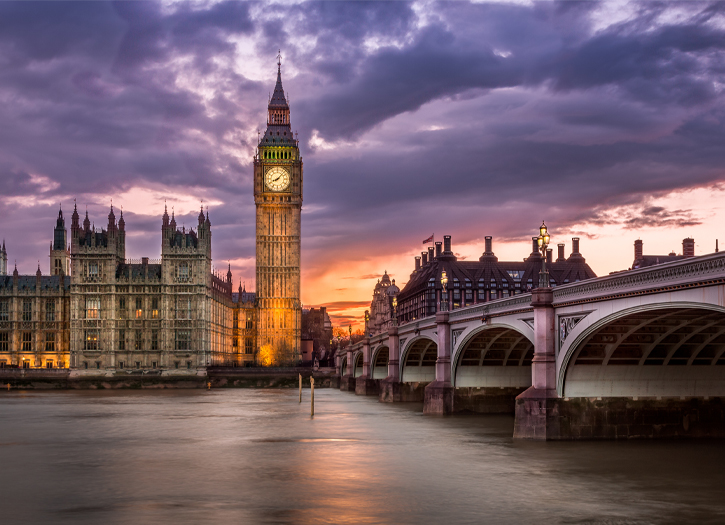The COVID-19 pandemic in the United Kingdom has had far-reaching consequences in the country that go beyond the spread of the disease itself and efforts to quarantine it, including political, cultural, and social implications.
On 17 March, the BBC announced major changes to the schedule across the network. While some programmes were suspended, others such as Newsnight and The Andrew Marr Show continued with a smaller number of production staff. Some podcasts were also suspended. On 18 March it was announced that filming of soap operas and regular dramas would be suspended. The BBC also said it would show more educational programmes to cater for children not attending school, and more programmes focused on health, fitness, education, religion and food recipes.
The coronavirus pandemic affected British military deployments at home and abroad. Training exercises, including those in Canada and Kenya, had to be cancelled to free up personnel for the COVID Support Force. The British training mission in Iraq, part of Operation Shader, had to be down-scaled. An air base supporting this military operation also confirmed nine cases of coronavirus. The British Army paused face-to-face recruitment and basic training operations, instead conducting them virtually. Ceremonial duties and displays were stopped. The British Army deployed two experts to NATO to help counter disinformation around the pandemic.
The COVID Support Force was initially tasked with driving oxygen tankers for the NHS, as well as delivering medical supplies, including PPE, to hospitals. Prior to the announcement of the COVID Support Force, the armed forces had assisted the British government in repatriating British citizens from affected areas, including China and Japan. The Royal Air Force also repatriated British and EU citizens from Cuba. The armed forces additionally assisted in the transportation of coronavirus patients around the UK, including Shetland and the Isles of Scilly. On 23 March 2020, Joint Helicopter Command began assisting the coronavirus relief effort by transporting people and supplies.
Cambridge University closed all buildings from 20 March, which was criticized by the local UCU as students from countries with weaker healthcare provisions would be forced to return home. More than a thousand Cambridge students signed an open letter requesting alternatives to cancelled examinations in Cambridge, including the option to retake the year in 2020–21. All UK schools closed by 20 March 2020 for an indefinite period of time, except for children of key workers and vulnerable children. GCSE and A Level exams were cancelled, an unprecedented action in UK educational history, with results awarded using predicted grades and teacher assessment. On 16 April the Department for Education said these grades would be published on their original intended dates, 13 August for A Levels and 20 August for GCSEs.
In March, Prince Charles greeted people with a namaste gesture instead of a handshake at the Commonwealth Service at Westminster Abbey and the Prince’s Trust Awards On 10 March, Charles met Albert II, Prince of Monaco, who later was diagnosed with the infection. On 25 March, Charles tested positive and self-isolated at Birkhall on the Balmoral Castle estate. Concerns were raised for the health of the entire royal family, as well as concerns that he may have unwittingly become a super-spreader of the disease due to the vast number of people he regularly meets.
The Royal Foundation launched a mental health initiative called “Our Frontline”.Prince Philip issued a rare statement on 20 April, in which he thanked key workers. The Countess of Wessex and Princess Eugenie helped charities in preparing and delivering food to NHS staff amidst the pandemic. Sarah, Duchess of York’s foundation the Sarah’s Trust helped with providing aid for NHS, care home and hospice staff by delivering more than 150,000 items, including food, masks, scrubs, and toiletries.
In July it was announced that a trial of fans in attendance at events would happen. These included horse racing, cricket and snooker events. In the wake of several local lockdowns being implemented the trial of fans attending events was stopped at the beginning of August.







Add Comment
You must be logged in to post a comment.